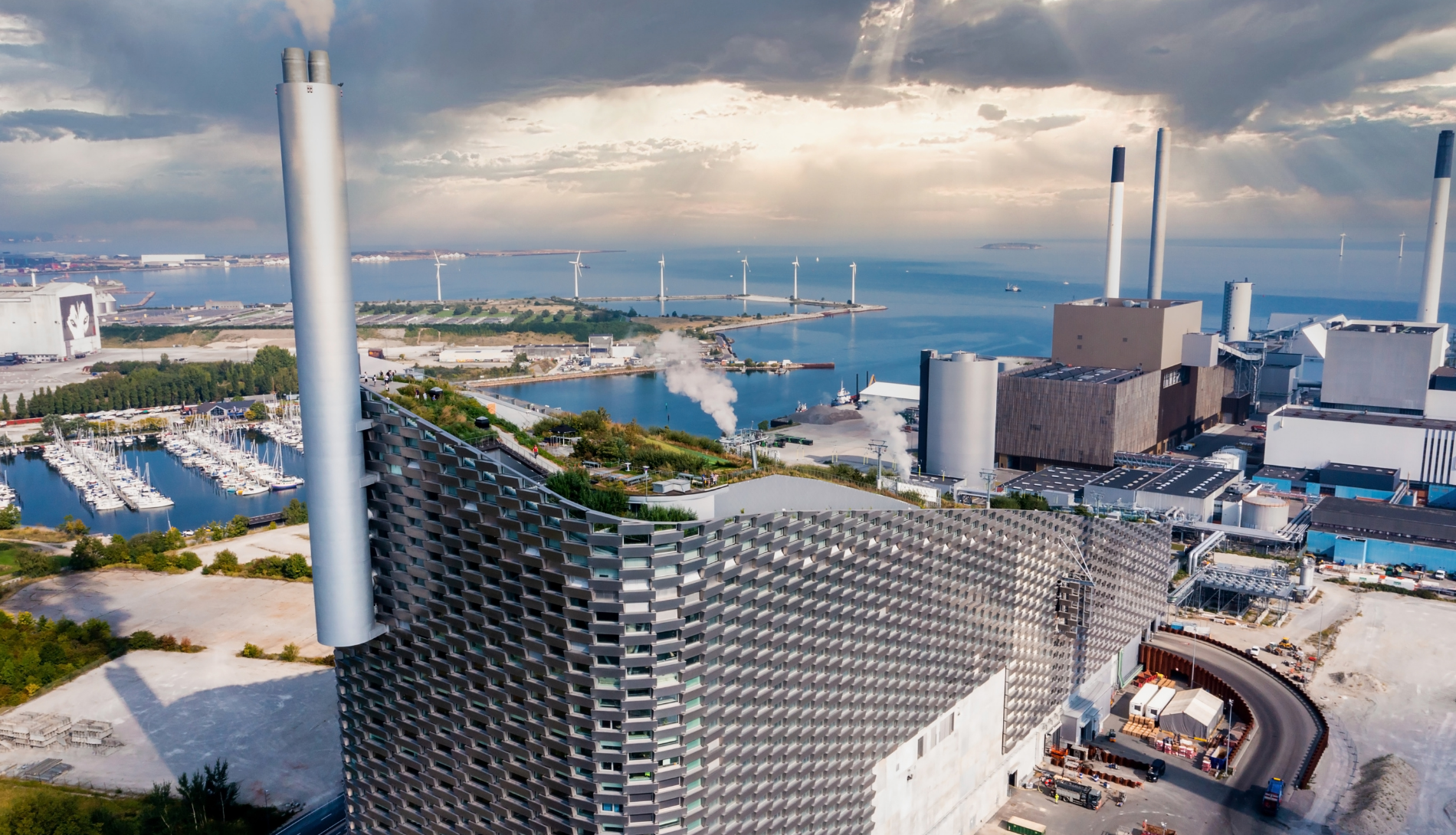Thanks to excellent climate policy governance, strongly grounded in scientific advice provided by the Economic and Climate Councils, good coordination across Ministries and an important role of stakeholder and citizen engagement, Denmark has achieved a remarkable decoupling of greenhouse gas emissions from economic growth. Between 1990 and 2019 the country was able to cut emission by 36% without disrupting economic or jobs growth. A well-advanced energy transition towards renewables has been supported by strong reskilling policies. Going forward, introducing consistent and broad-based carbon pricing to support the envisaged transition to carbon neutrality by mid-century, decarbonization of the transport sectors and the introduction of more efficient district heating will be key challenges.
In our webinar on 17 January 2022, Andrew Barker (OECD alumni, Denmark desk) presented findings from the OECD Economic Surveys of Denmark 2021. The presentation was followed by a virtual discussion with Ida Auken (Member of Parliament, Denmark), Katharina Beck (Member of Parliament, Germany), Jørgen Elmeskov (Climate Council, Denmark) and Wilfried Rickels (IfW, Germany) about the lessons we can draw from Denmark’s experience for its own way forward as well as for Germany and other OECD countries.
Moderation: Nicola Brandt (OECD Berlin Centre)
Further Readings
OECD Economic Surveys of Denmark 2021. OECD (2021)
Net Zero by 2050. A roadmap for the global energy sector. IEA report (May 2021)
Denmark data insights in the field of energy transition. IEA country profile
Germany data insights in the field of energy transition. IEA country profile
OECD Environmental Performance Reviews: Denmark 2019. OECD report (November 2019)
Energy Agreement of 29 June 2018. Agreement signed by the Government of Denmark with the support of all parties in the Danish parliament

